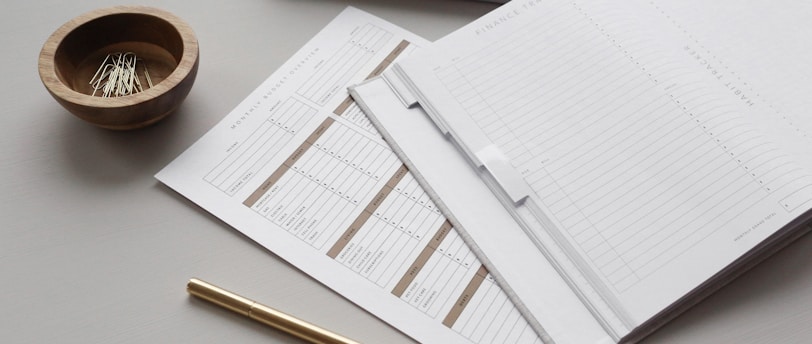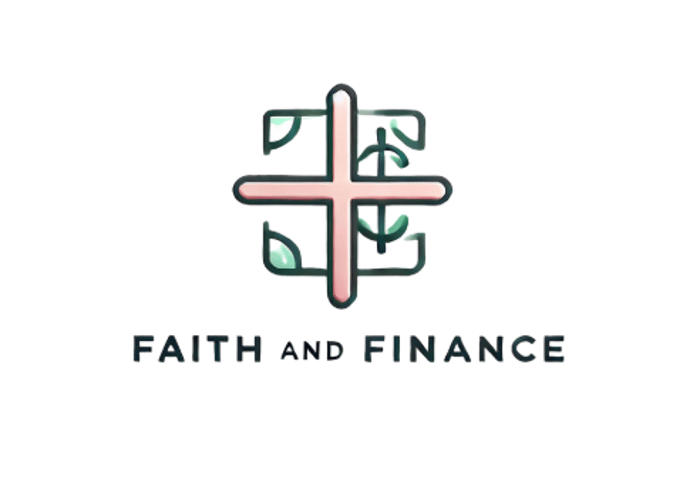coming soon...the steward sheet : Your complete system to budget, save, invest, and eliminate debt — all in one simple, ultimate money manager for financial independence sign up below
How to Create a Simple Budget You’ll Actually Stick To
Budgeting Should Set You Free, Not Hold You Back When most people hear the word “budget,” they immediately picture sacrifice, restriction, and misery. But that’s not what real budgeting is about. A good budget is not a punishment — it’s freedom.
Liliane Meteumba
4/27/20253 min read


A budget is simply a plan for how you want your money to work for you.
And the simpler your budget is, the more likely you are to stick with it — and actually see results.
If you’ve struggled to keep a budget before, don't worry.
You’re not broken.
You just need a simpler, smarter way to set it up.
Here’s how to build a budget you’ll actually enjoy using — and that will move you closer to your goals without making you feel trapped.
Step 1: Start With Your Real Income (Not Your “Hoped For” Income)
This is where most budgets go wrong right from the beginning.
When you sit down to plan your money, you must work with real numbers — not estimates, not goals, and definitely not guesses.
👉 If you bring home $2,500 a month after taxes, base your budget on $2,500.
👉 If you freelance and your income fluctuates, use the lowest reliable amount you usually earn.
👉 If you get bonuses, commissions, or side hustle money, treat it as “extra” — not your core budget base.
Why it matters:
Basing your budget on hoped-for income sets you up for failure and frustration.
Basing it on your real income sets you up for success — and surprise windfalls feel like bonuses, not survival necessities.
✅ Key Tip: Always start conservative. You can always adjust upward later if extra income comes in.
Step 2: List Out Your Fixed + Variable Expenses
Next, figure out where your money needs to go each month.
Fixed Expenses (the non-negotiables):
Rent or mortgage
Utilities
Insurance
Minimum debt payments
Subscriptions you genuinely need (like phone, internet)
These are predictable and stay fairly constant.
Variable Expenses (the flexible ones):
Groceries
Transportation
Dining out
Entertainment
Clothing
Miscellaneous
Variable expenses shift from month to month — but you still need to budget for them realistically.
Why it matters:
Knowing the difference between fixed and variable expenses helps you control what you can.
You may not be able to immediately lower your rent, but you can adjust your grocery spending or entertainment budget if needed.
✅ Key Tip: Look back at your last 2–3 months of bank statements to get realistic averages for your variable expenses.
Step 3: Pay Yourself First (Before Anything Else)
This one step can change your financial life forever:
Before you pay your bills, before you buy groceries, before you spend a dime — pay yourself first.
That means:
Move money into your savings account
Contribute to your emergency fund
Send money toward your investments
Even if it’s just $20–$50 a month at first, the habit matters more than the amount.
Why it matters:
If you wait to “save whatever’s left,” there will almost never be anything left.
But when you save first, you guarantee progress — no matter what else happens.
✅ Key Tip: Set up an automatic transfer the day after payday. Make saving effortless.
Step 4: Build In "Fun Money" to Avoid Budget Burnout
A budget that doesn't let you live a little is a budget that’s doomed to fail.
If you cut all the joy out of your life, you'll resent your budget.
You’ll feel deprived.
And eventually, you’ll rebel — blowing your budget out of frustration.
Solution:
Every month, intentionally set aside some “fun money.”
This could be:
Dining out
A coffee habit
A streaming subscription
Weekend adventures
Hobbies you love
Even if it's just $20–$50, having guilt-free fun money makes a huge psychological difference.
Why it matters:
A sustainable budget is one that includes living, not just surviving.
✅ Key Tip: Label it clearly in your budget. “Fun Money” is not an accident — it's a smart move.
Step 5: Track Your Spending Weekly (Not Just Monthly)
Most people wait until the end of the month to “check in” on their budget.
By then, it's too late to course-correct.
Instead, check your spending weekly.
Pick a simple day (Sunday night, Friday afternoon — whatever works).
Take 5–10 minutes.
Compare what you planned vs. what you actually spent.
Adjust the next week if necessary.
Why it matters:
Weekly check-ins catch small issues before they become big disasters.
You stay aware, accountable, and empowered — not shocked and stressed at the end of the month.
✅ Key Tip: Set a recurring reminder on your phone: “5-Minute Money Check-In.”
The Simpler the Budget, the More Powerful It Becomes
Let’s be clear:
Budgeting isn’t about tracking every penny perfectly.
It’s about being intentional with where your money goes — instead of wondering where it went.
When you follow this simple system:
Real income
Fixed + variable expenses
Pay yourself first
Built-in fun money
Weekly check-ins
You create a budget that feels easy, light, and empowering.
You stop feeling restricted.
You start feeling in charge.
You stop surviving paycheck to paycheck.
You start moving toward your goals, faster than you ever thought possible.
Final Thoughts: Simple Wins. Complicated Loses.
Budgeting doesn’t have to be complicated to work.
In fact, the simpler it is, the better it works.
When you create a realistic, flexible, empowering budget, you’ll actually stick to it — month after month.
And every month you stay consistent, you get closer to the life you really want.
👉 Start with what you earn.
👉 Spend less than that.
👉 Save first.
👉 Leave room for joy.
👉 Check in often.
That’s it. That’s the secret.
✅ Small actions.
✅ Big freedom.
You’ve got this. 🚀
SUSCRIBE on my YouTube channel @ https://www.youtube.com/@lilianemeteumba
Faith&Finance
Transform You finances without compromising your values!
757-301-1682
© 2025. All rights reserved.
